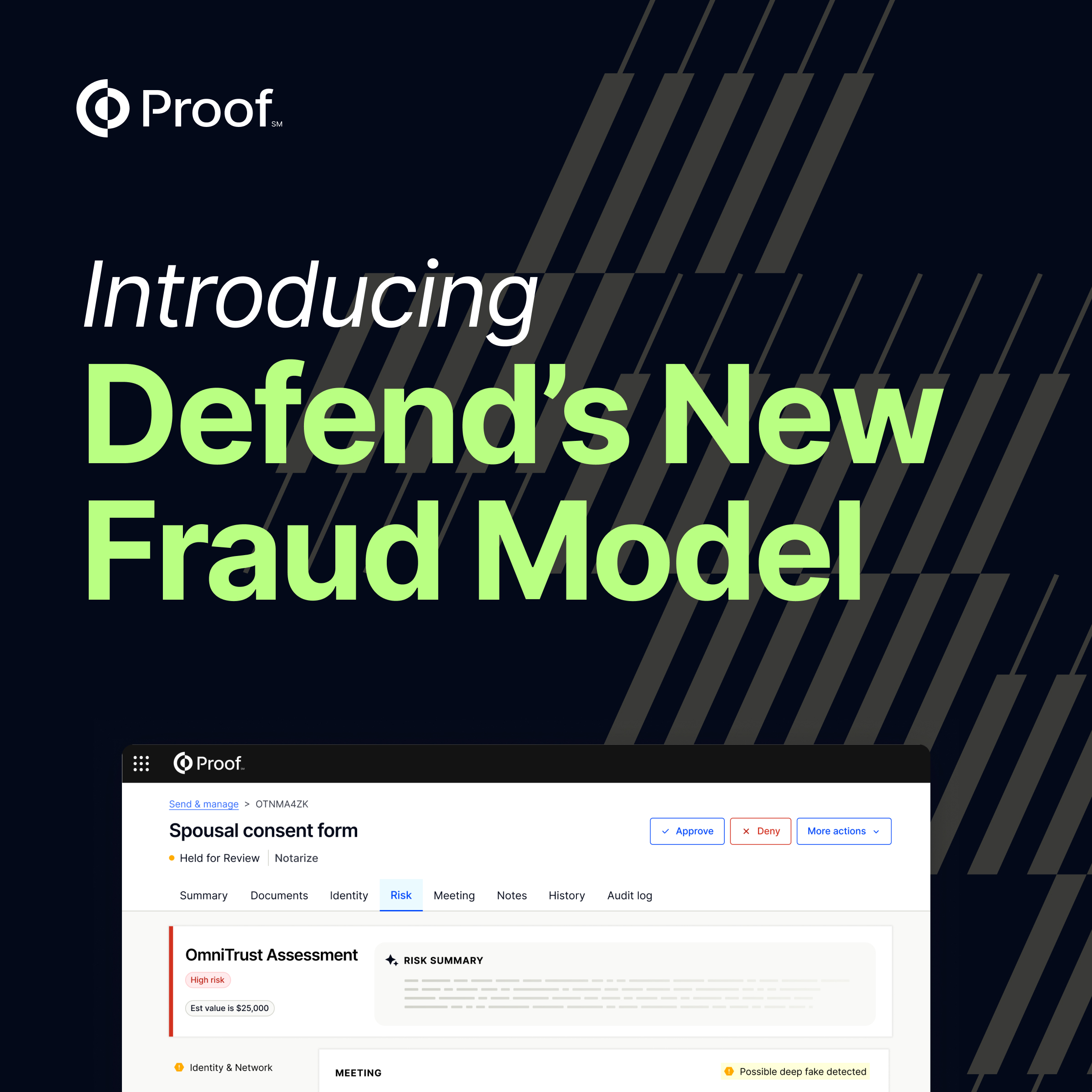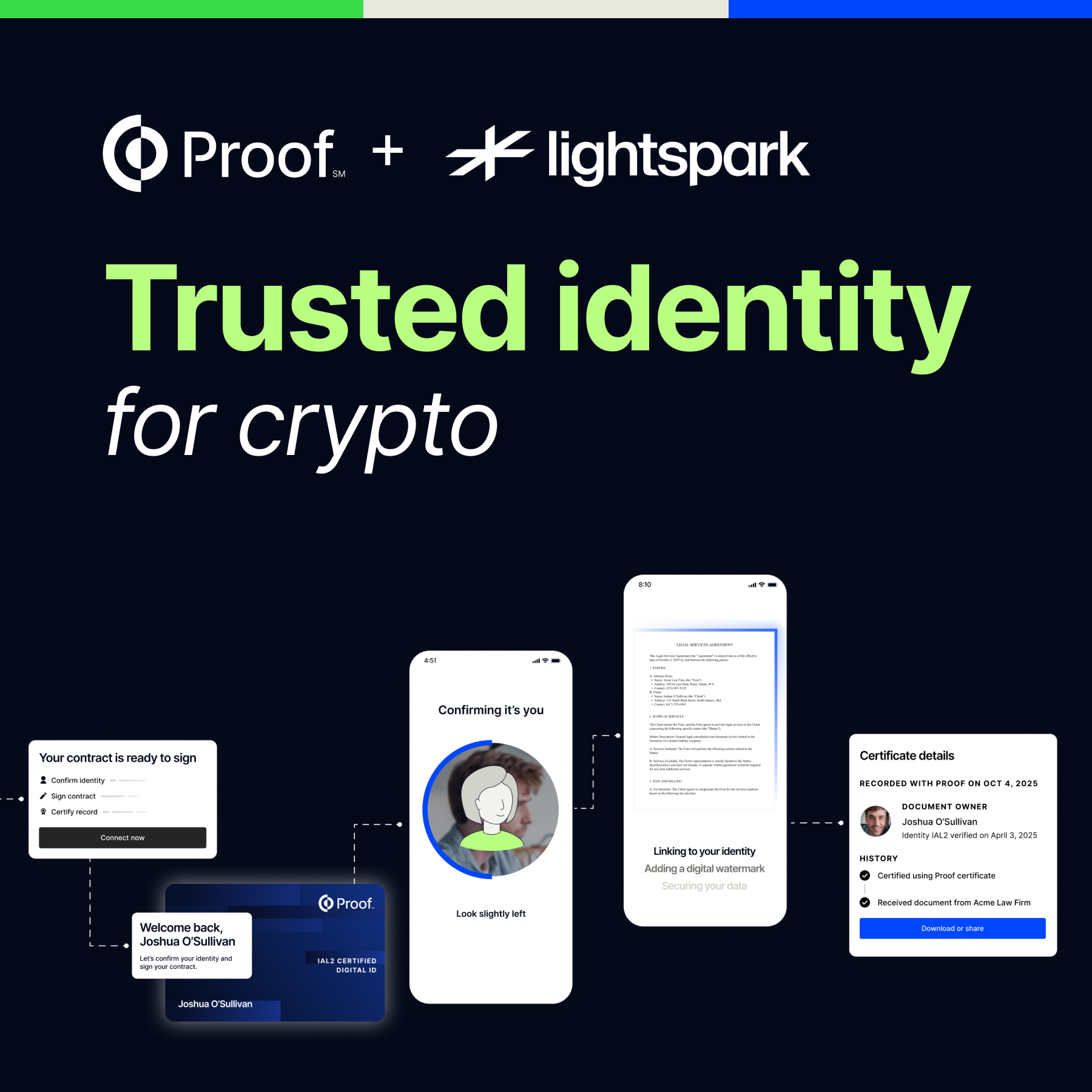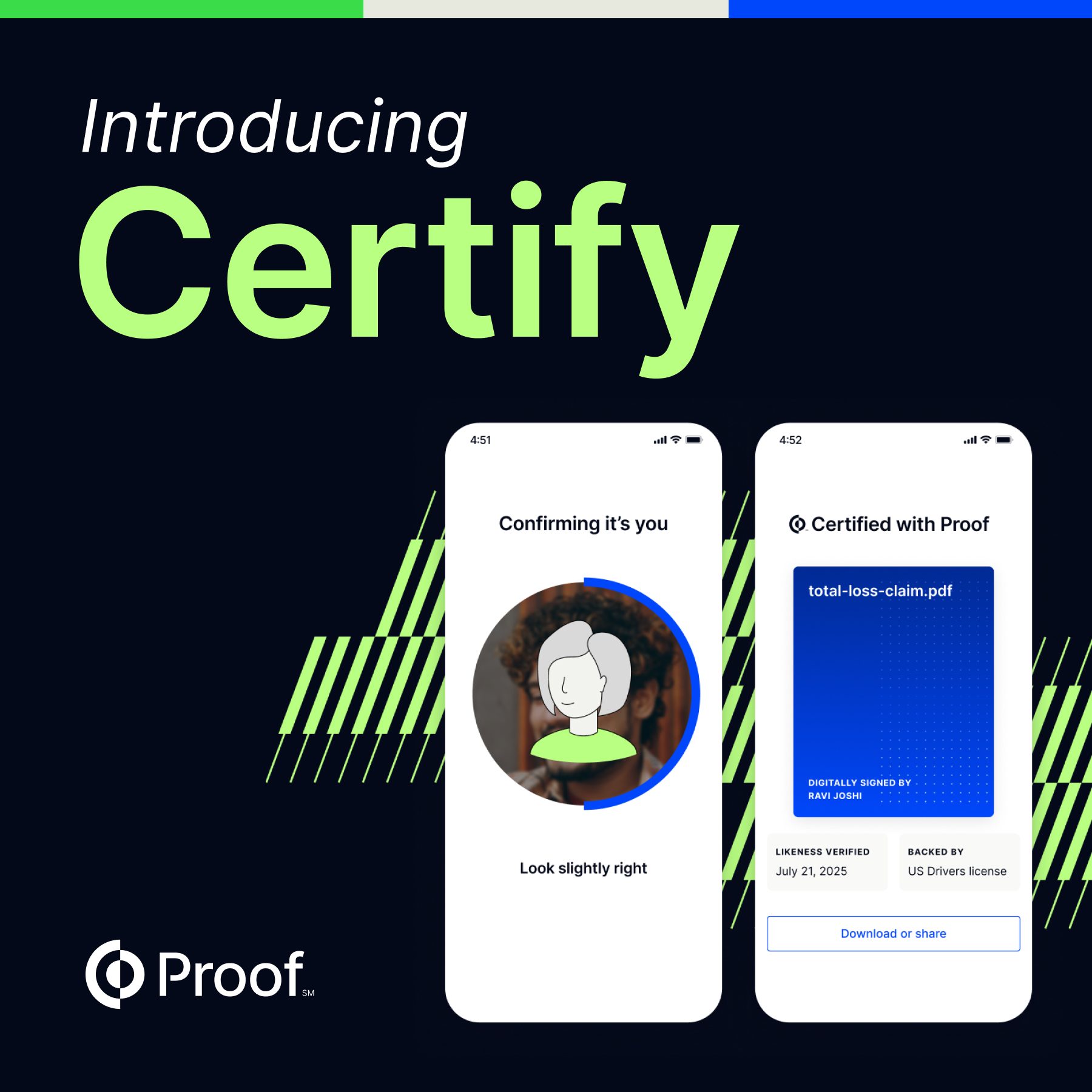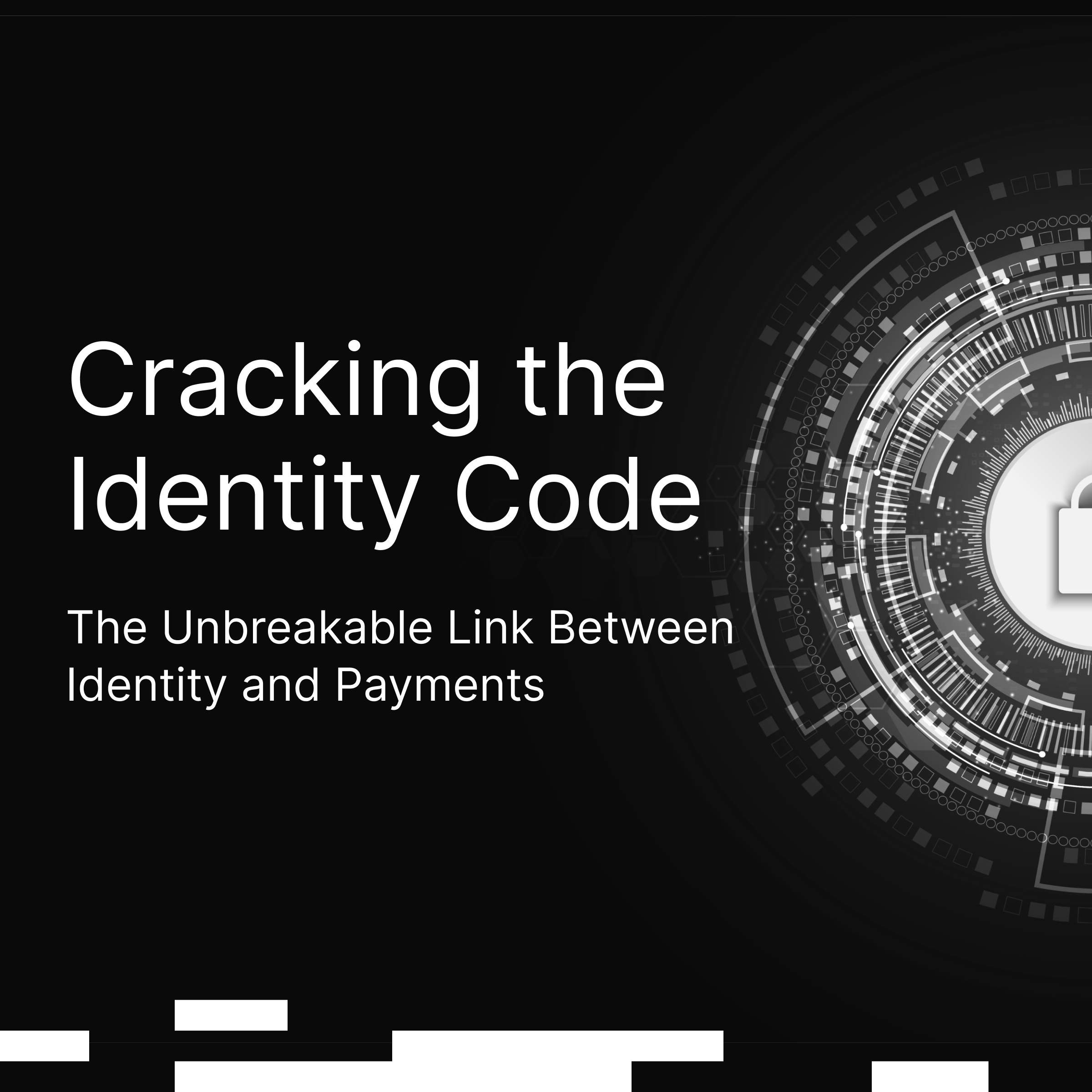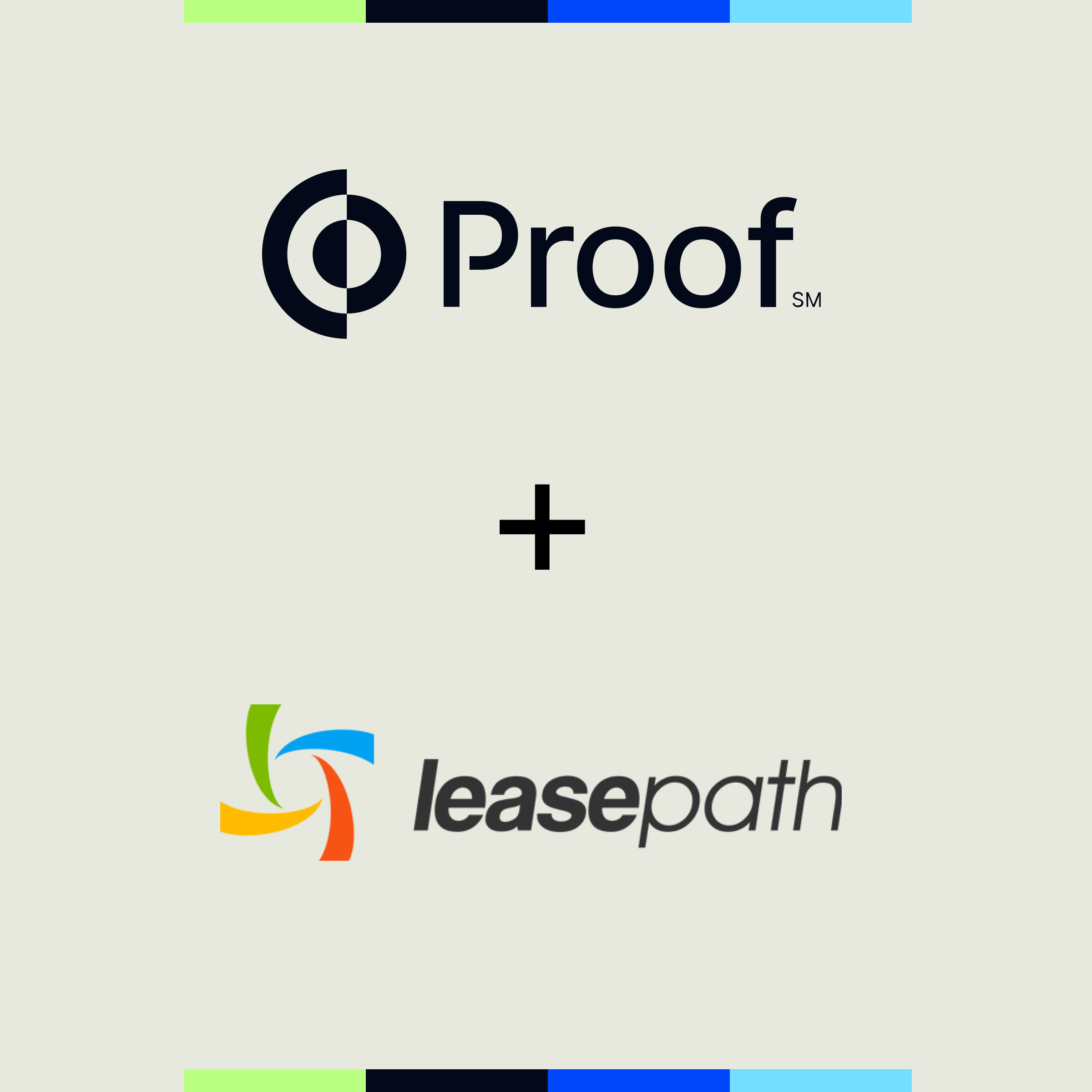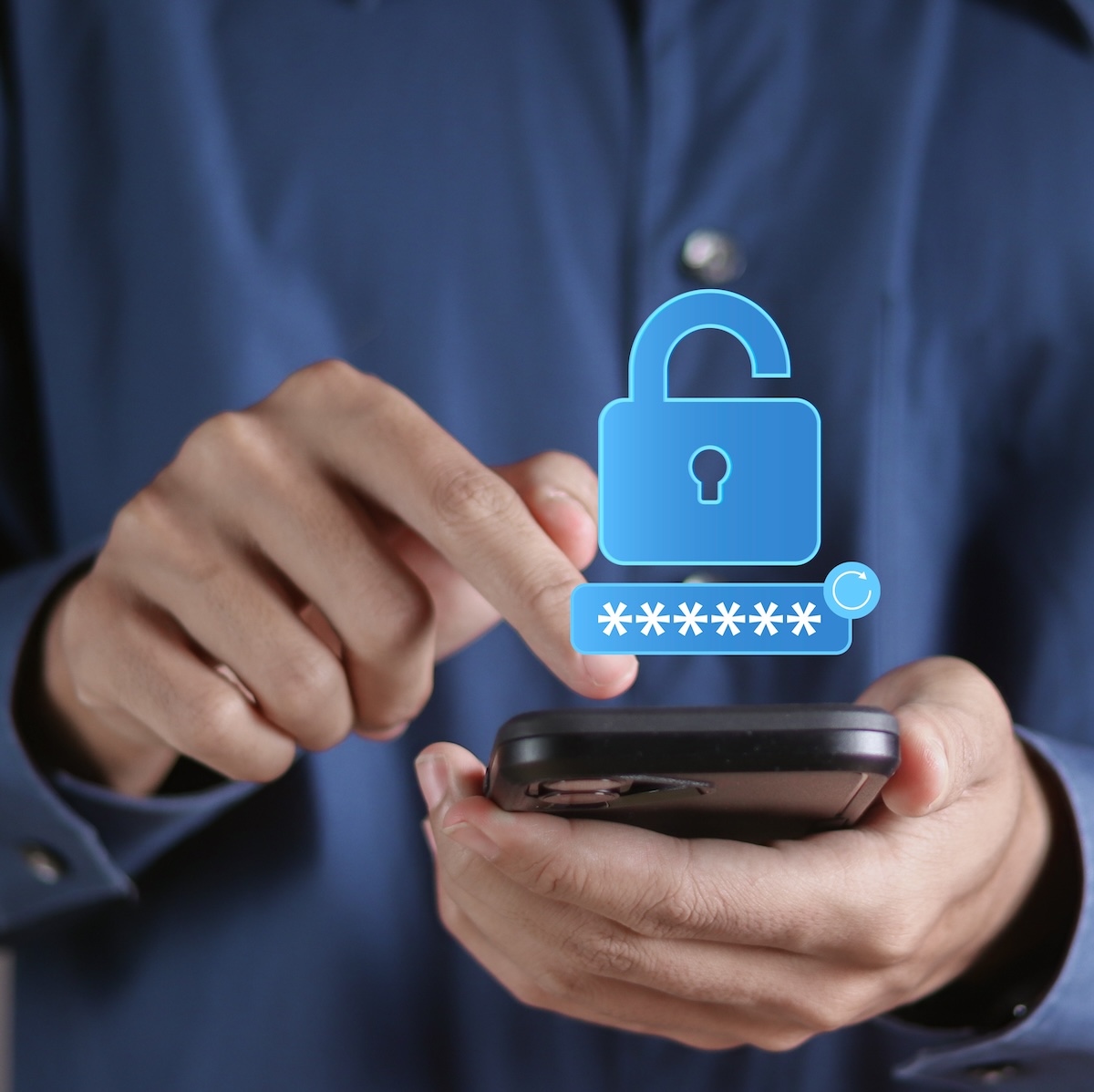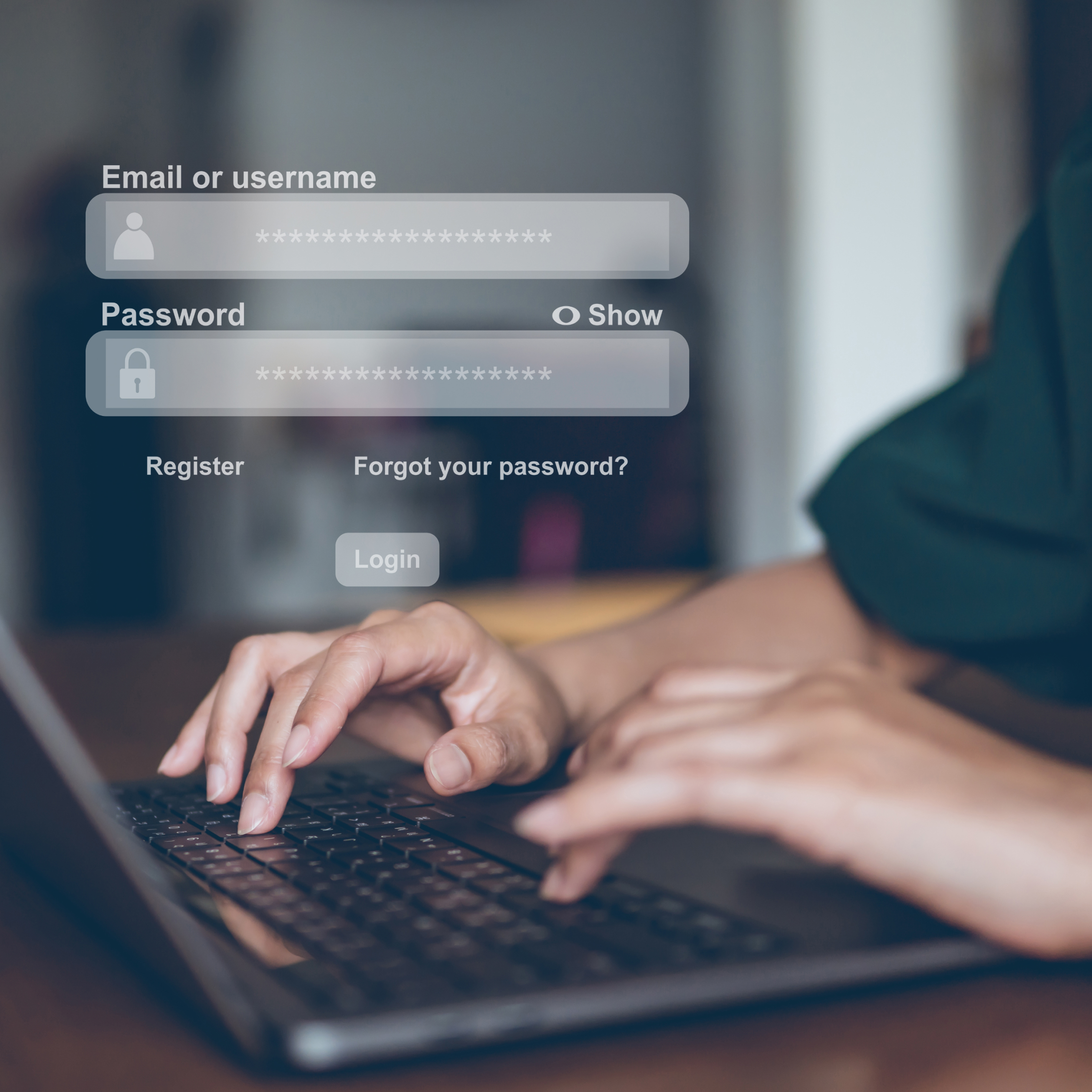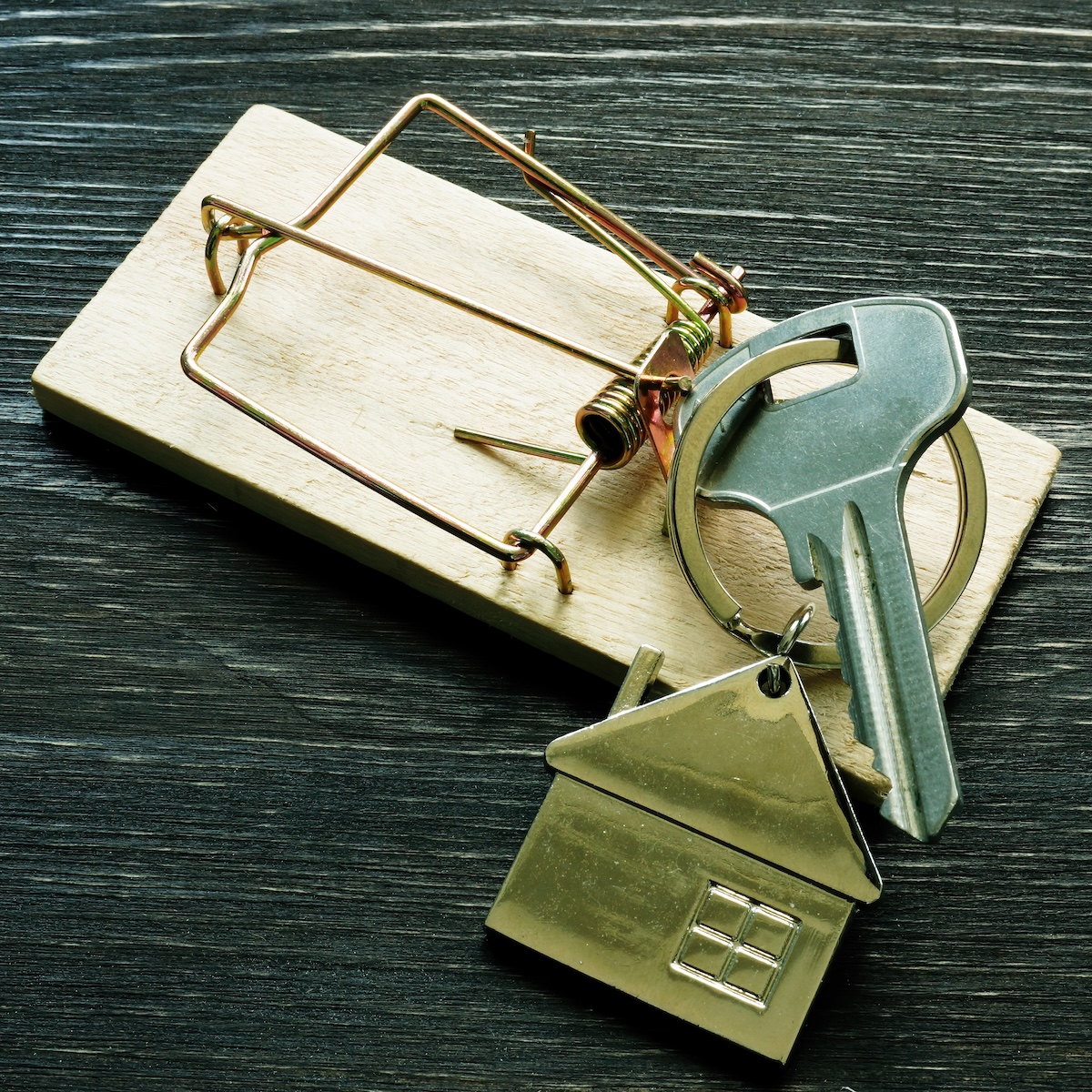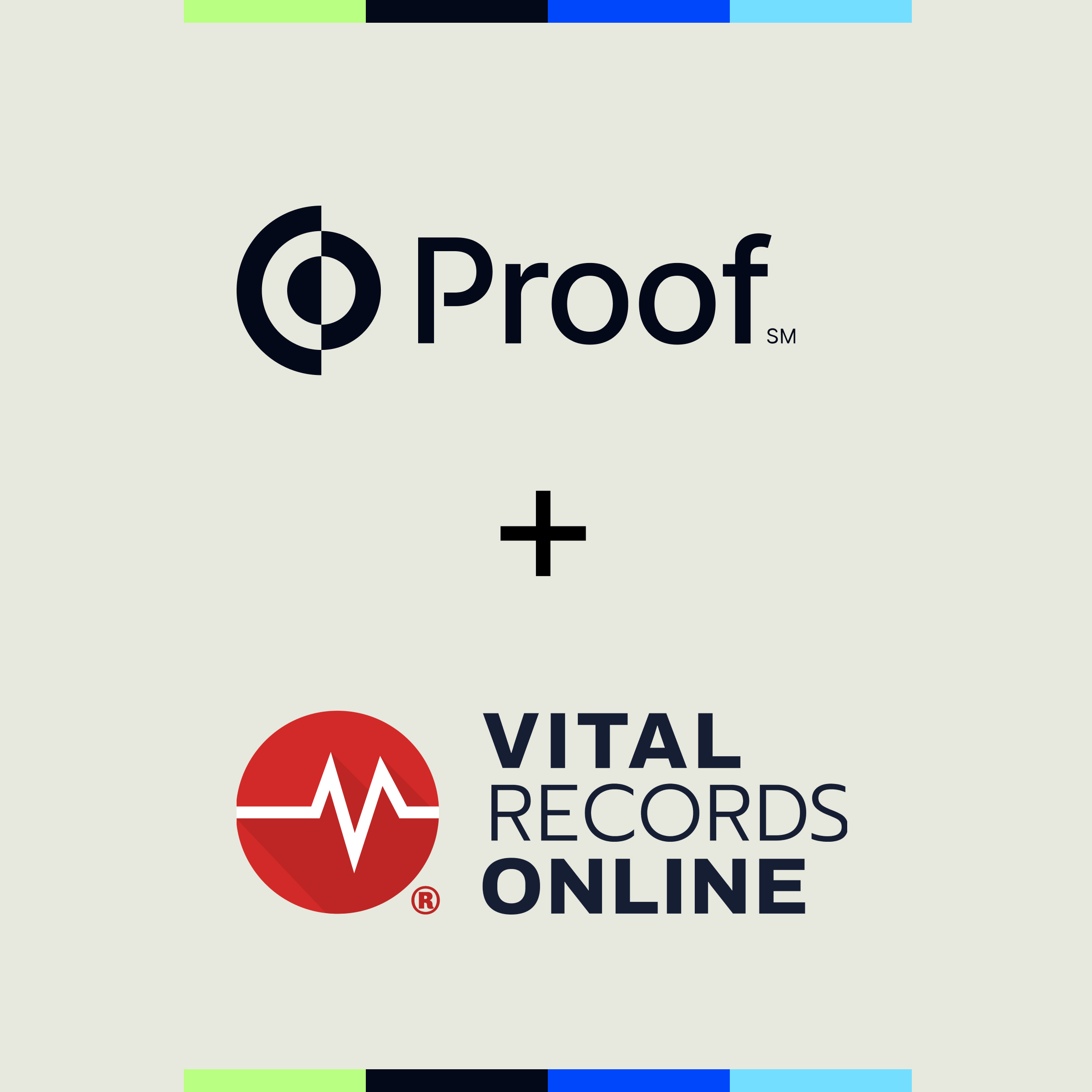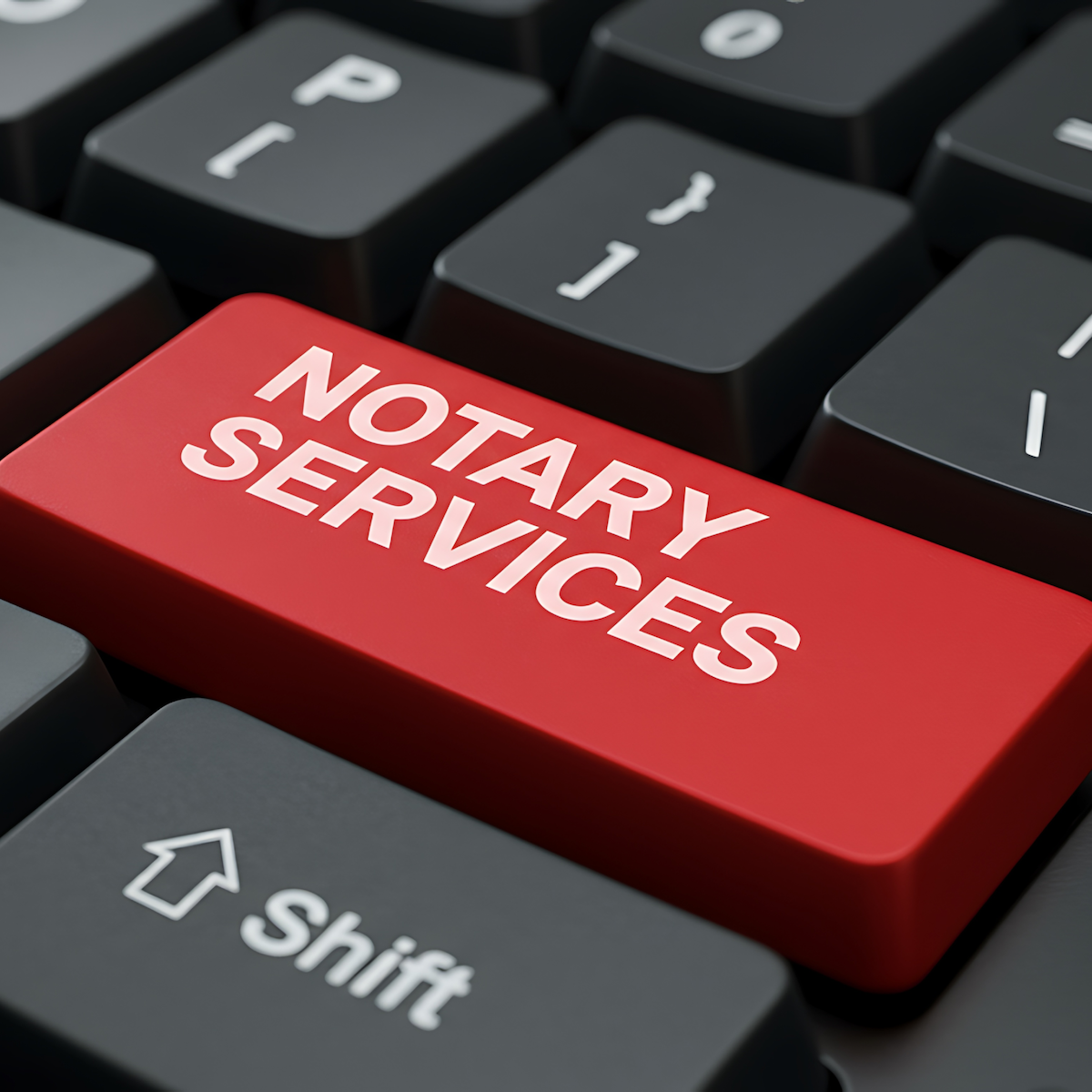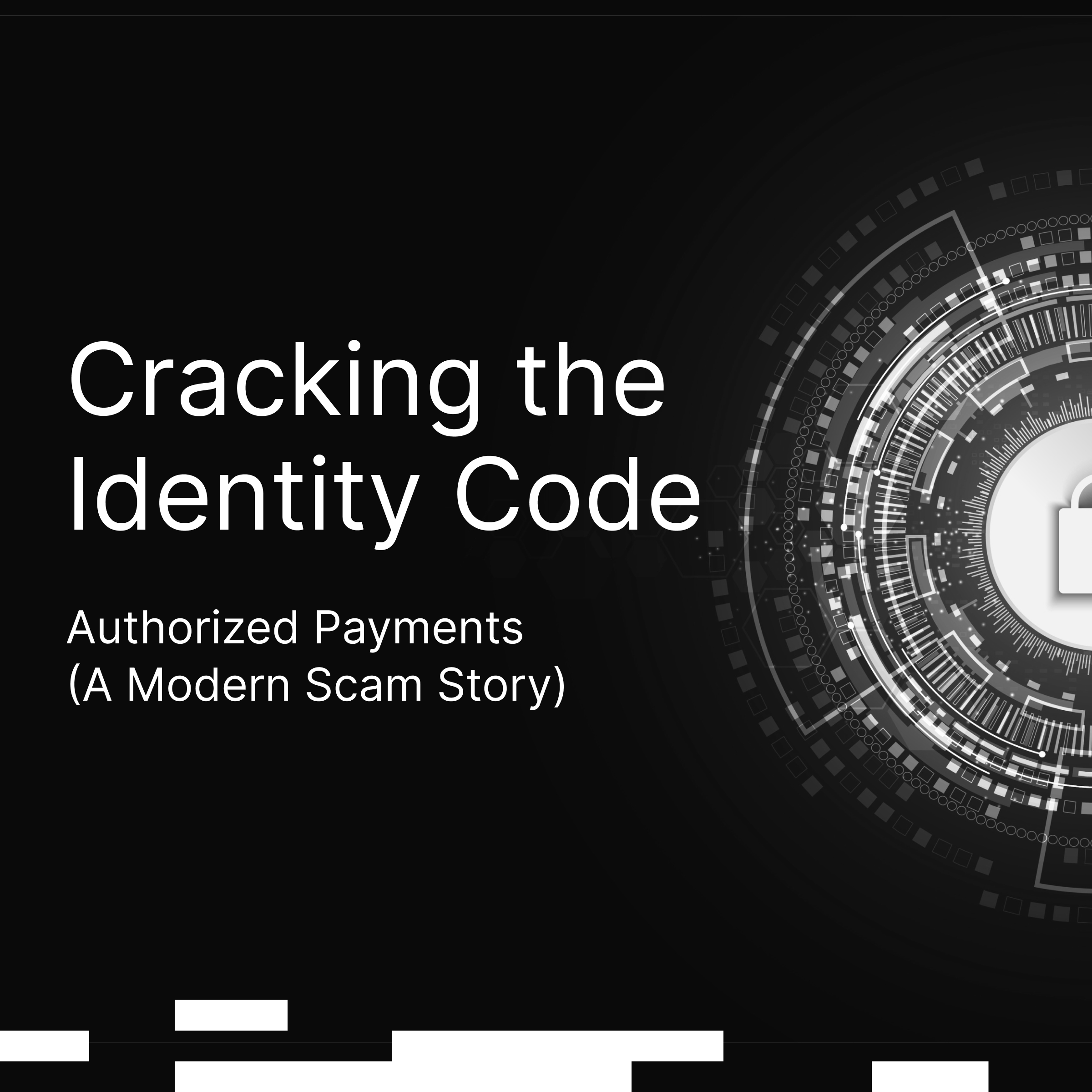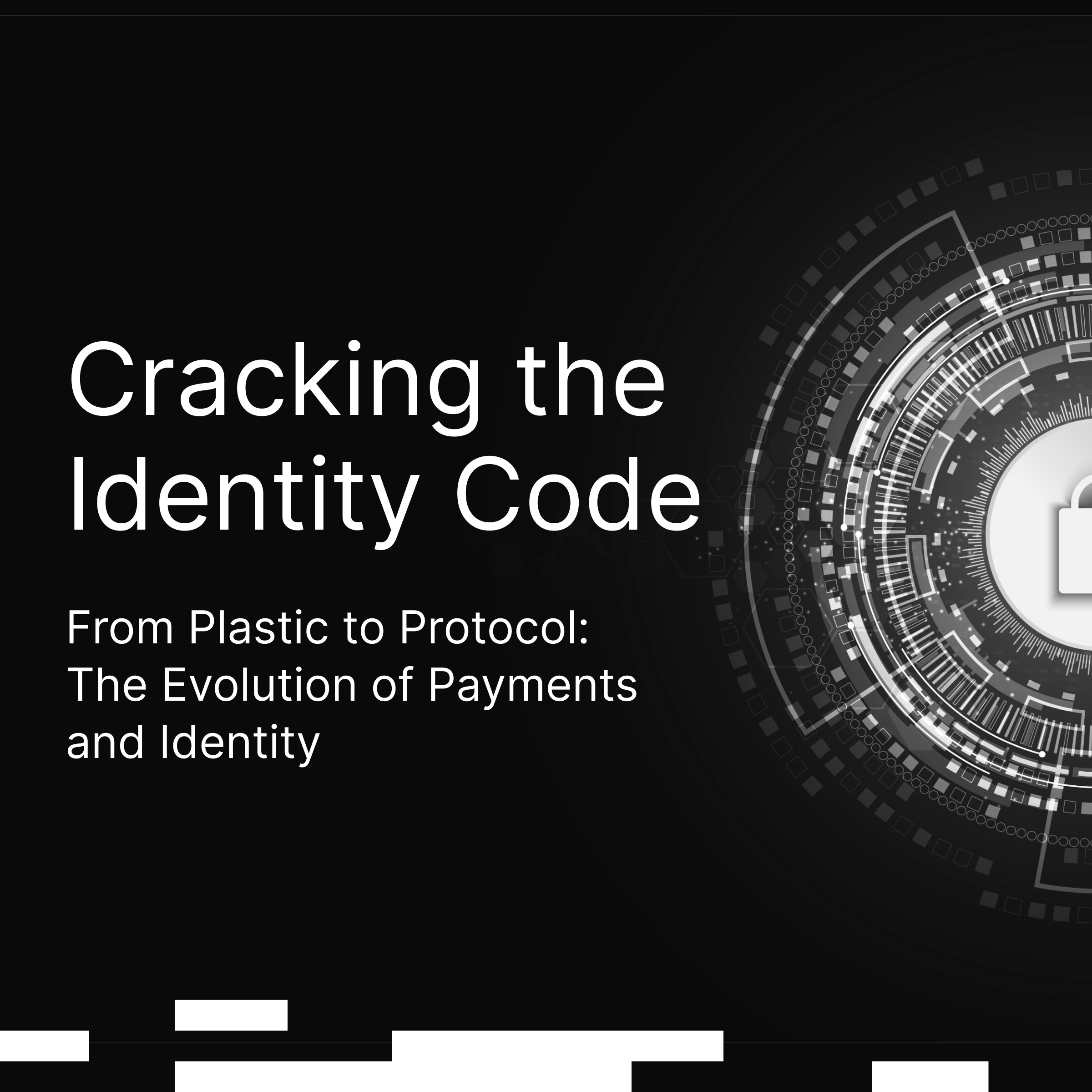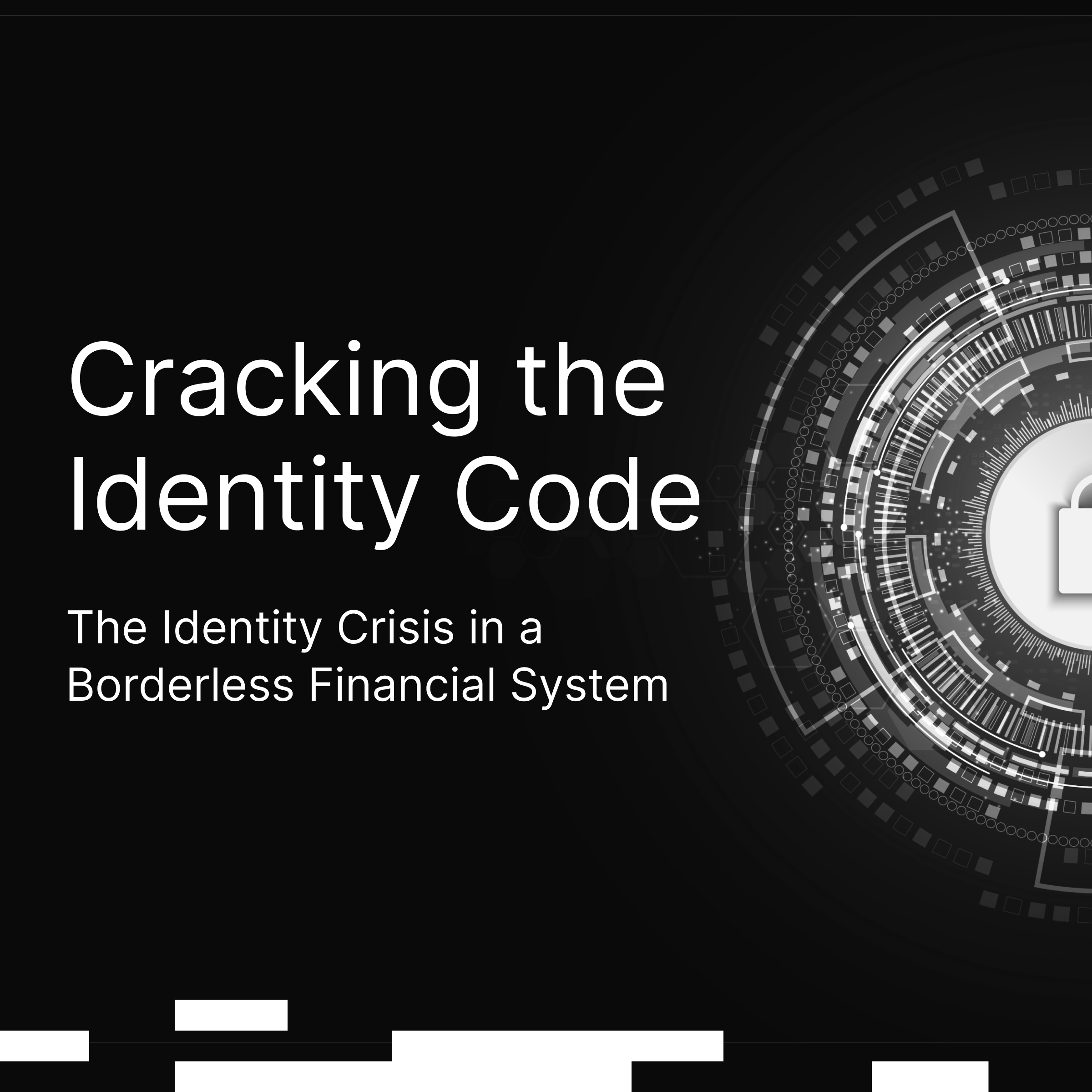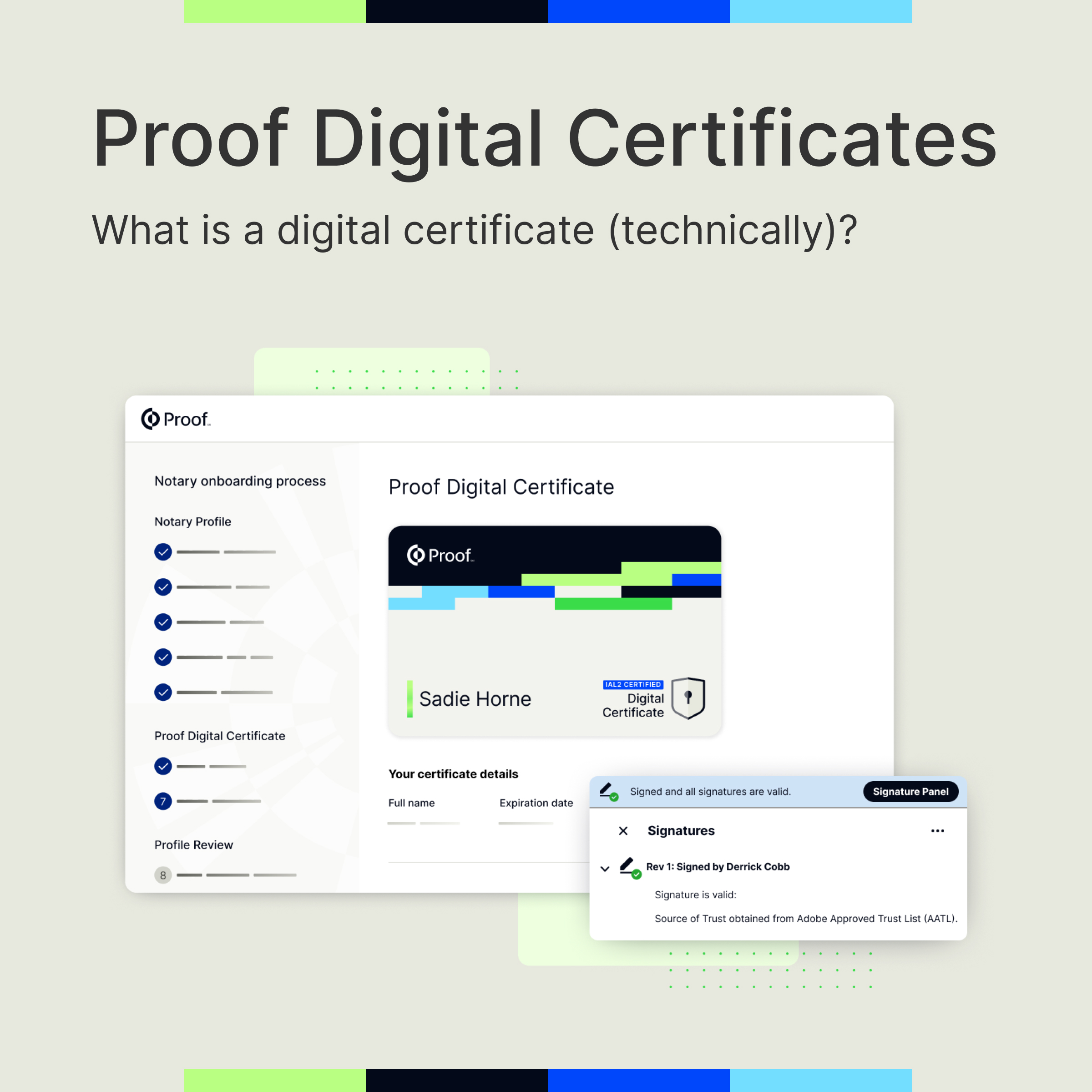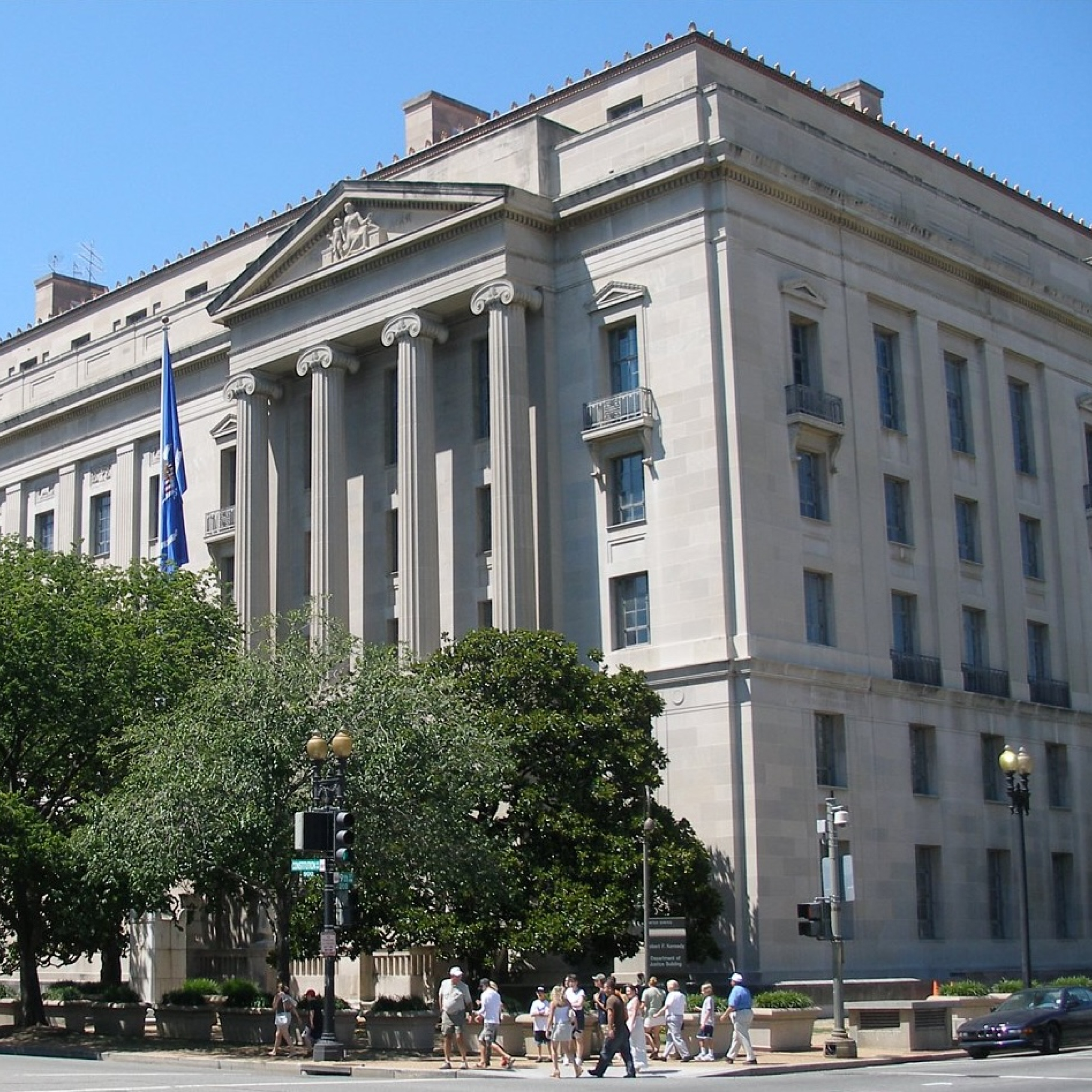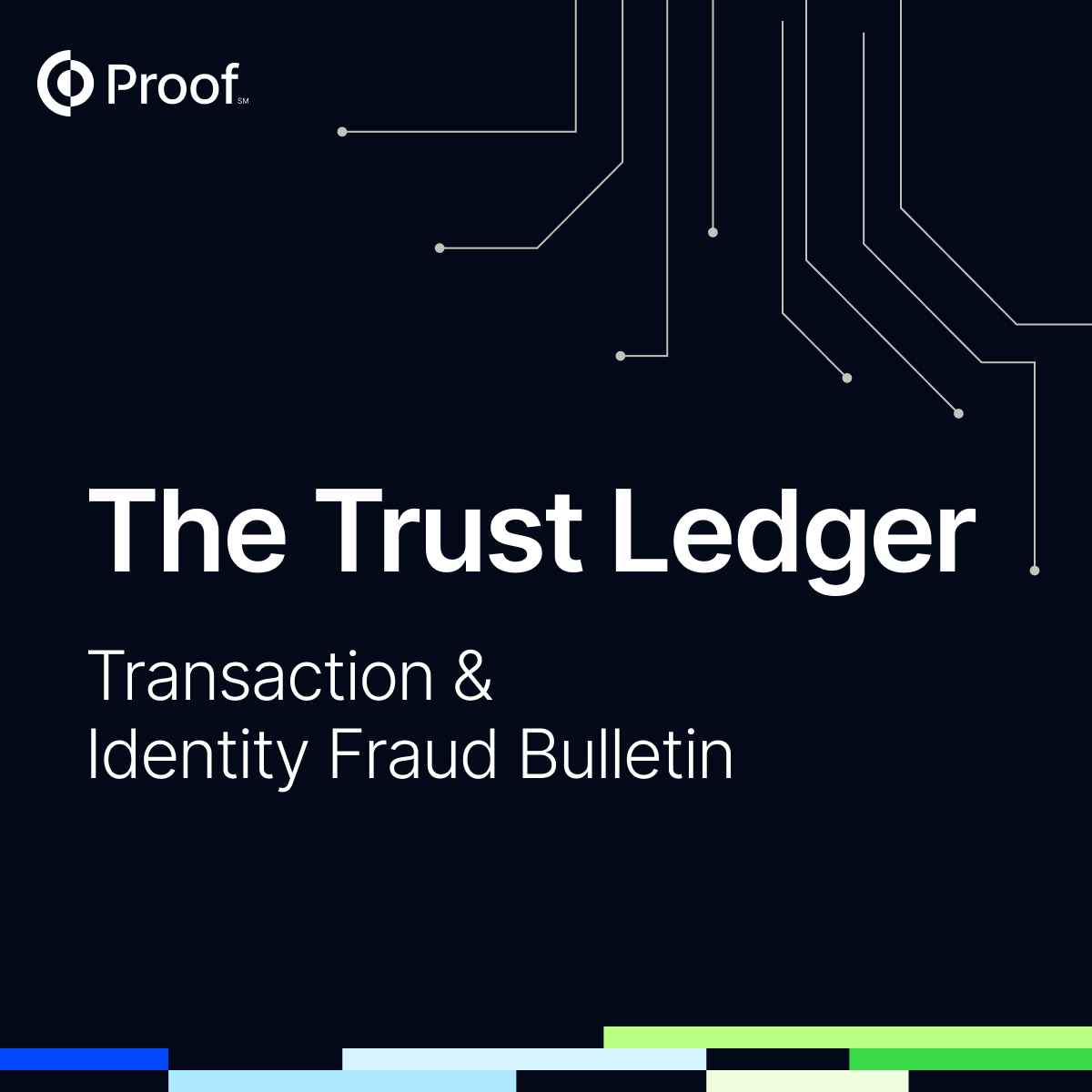Trusted Referees: Real Humans for When Trust Is at Risk


As our day-to-day dependency on digital solutions continues to increase, so does the need for additional safeguards to both protect and verify identities online. Digital transactions — understandably the method of consumer choice because of the efficiency and flexibility they offer — have become the bull's-eye area for impersonators and fraudsters. At the helm of mitigating the risks of transacting online are agents of the state who are trained to verify identities and record transactions: formerly known as notaries on the Notarize platform, now referred to as trusted referees with Proof.
Here’s everything you need to know about trusted referees: what they are, why they matter, and the role they will continue to play throughout your experience with Proof.
What is a trusted referee?
By definition — and according to the National Institute of Standards and Technology (NIST) — a trusted referee is an individual or organization that verifies the identity of an applicant and vouches for that identity to the relying party. Trusted referees can be notaries (a network of which we utilize with Proof) or even attorneys, doctors, or other professionals who uphold a level of trust, integrity, and credibility within their communities. In some cases, trusted referees can be family members or friends who have known the applicant for an appreciable amount of time and have met the necessary standards.
How do I know when I need a trusted referee?
The most frequent use cases for trusted referees have been prevalent for centuries. Historically speaking, trusted referees are — no pun intended — called into play to verify the authenticity of legal documents, such as wills, contracts, and deeds. Notaries, specifically, were relied upon to witness the signing of these documents while also simultaneously verifying the signatories' identity.
As we take a closer look at the relationship between notaries and trusted referees, it gets more complex and can cause confusion. So, let’s walk through it together.
While notaries are a type of trusted referee, not all trusted referees are notaries. Trusted referees can be any individual or organization with the trust and credibility to verify an applicant's identity and vouch for their authenticity. Notaries, on the other hand, are authorized — specifically by the government and while under constant surveillance and rigorous evaluation for ethical and compliant practices — to perform legal functions. Spark notes versions: notaries are the gold standard of trusted referees, and that’s why we’ve created an unparalleled network of them with Proof.
As Notarize, we’ve spent the better part of the past decade building an unrivaled enterprise grade network of notaries — the sames ones who have made our platform’s On-Demand experience what is is today — knowing that with Proof, their role would become even more mission critical for life’s most important moments. In the present day, the process of verifying an identity is highly dynamic. While most of it can be automated, some cases will require failover to a human. With Proof, that added layer of security you need for perhaps not all, but some, transactions can be accessed in seconds. Available 24/7, 365 days a year, Proof’s unique meeting experience promotes the aptitude of the automated machine learning and AI you crave for competitive-edge, with humans you can trust on standby for locked-in security and peace-of-mind. The future relies on this model of decentralized trust that we call the Notarize Network.
How do trusted referees prevent fraud?
With Proof, the primary role of the trusted referee — sourced from the Notarize Network — is to protect your digital identity and prevent fraud by creating a trusted record. Our platform bridges auditable identification with cryptographic evidence, which, when combined with biometric verification executed by our trusted referees, means risks get mitigated and eliminated before they’re realized.
How can I access a trusted referee with Proof?
It’s a new era for Notarize! Now that we’ve officially announced Proof, we’re eager to share more in the next several weeks about when you can get started with Proof and the ways in which you can bring the platform into the fold of your existing business model or day-to-day needs. In the meantime, keep an eye on our website, blog, and social channels for timely updates and important information.





























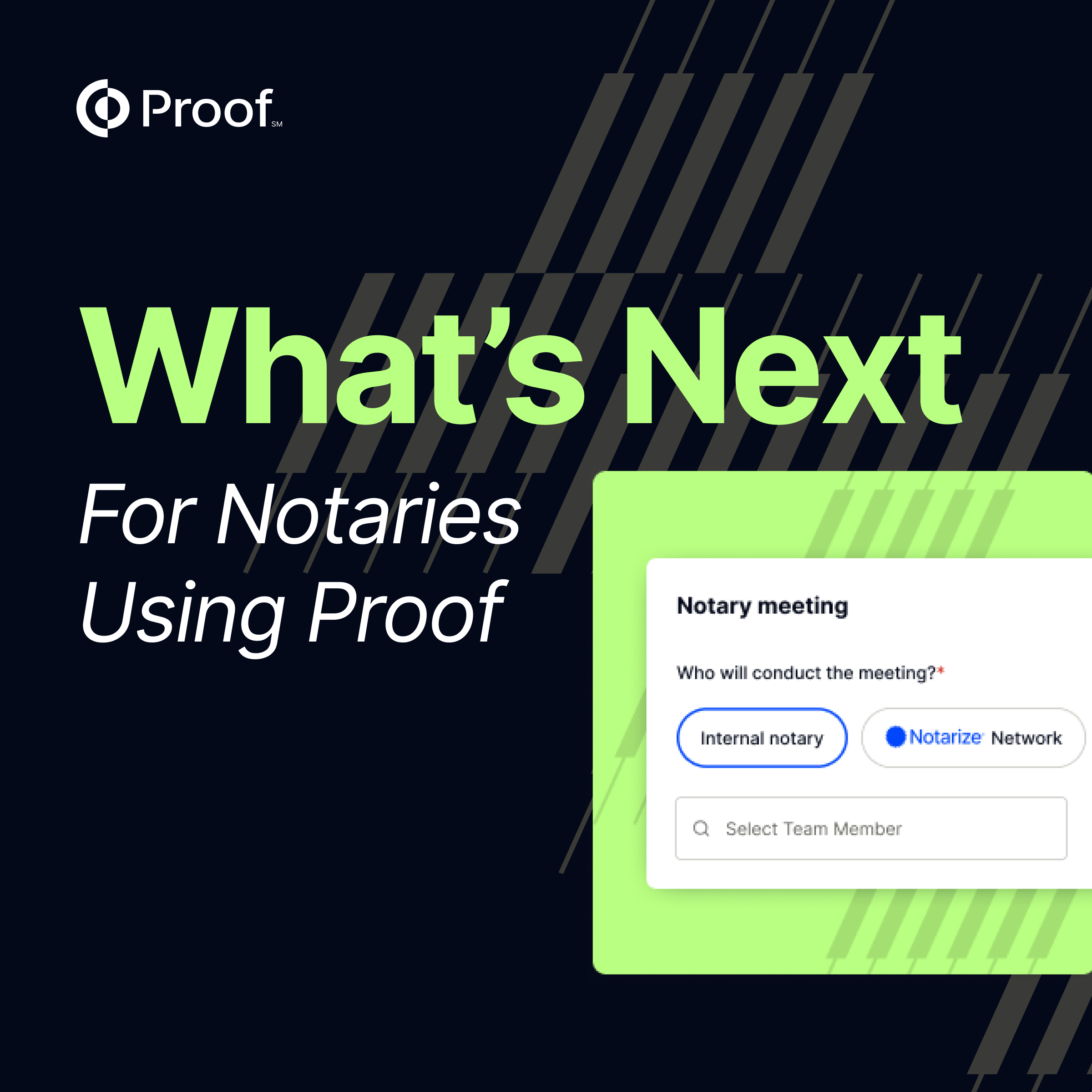





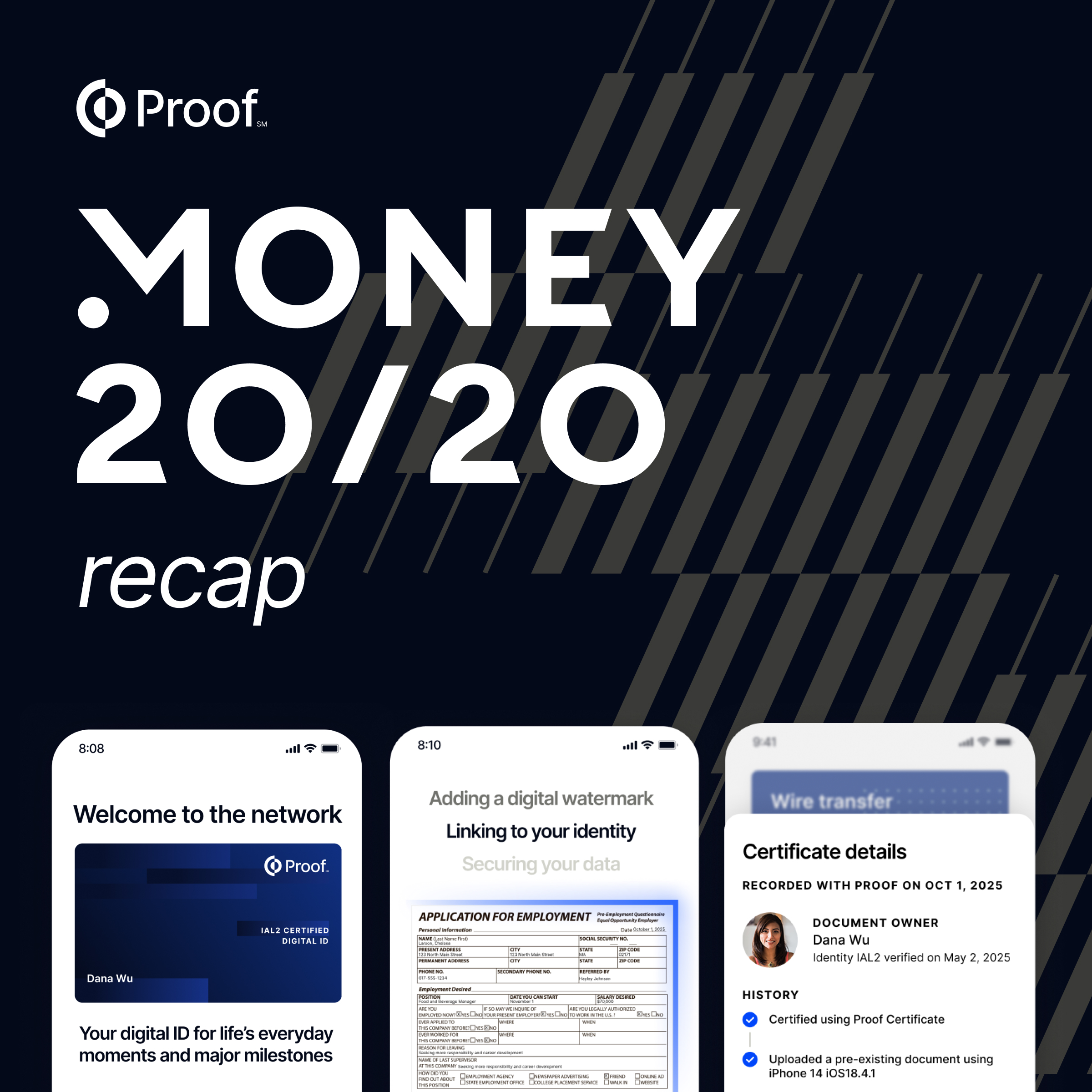



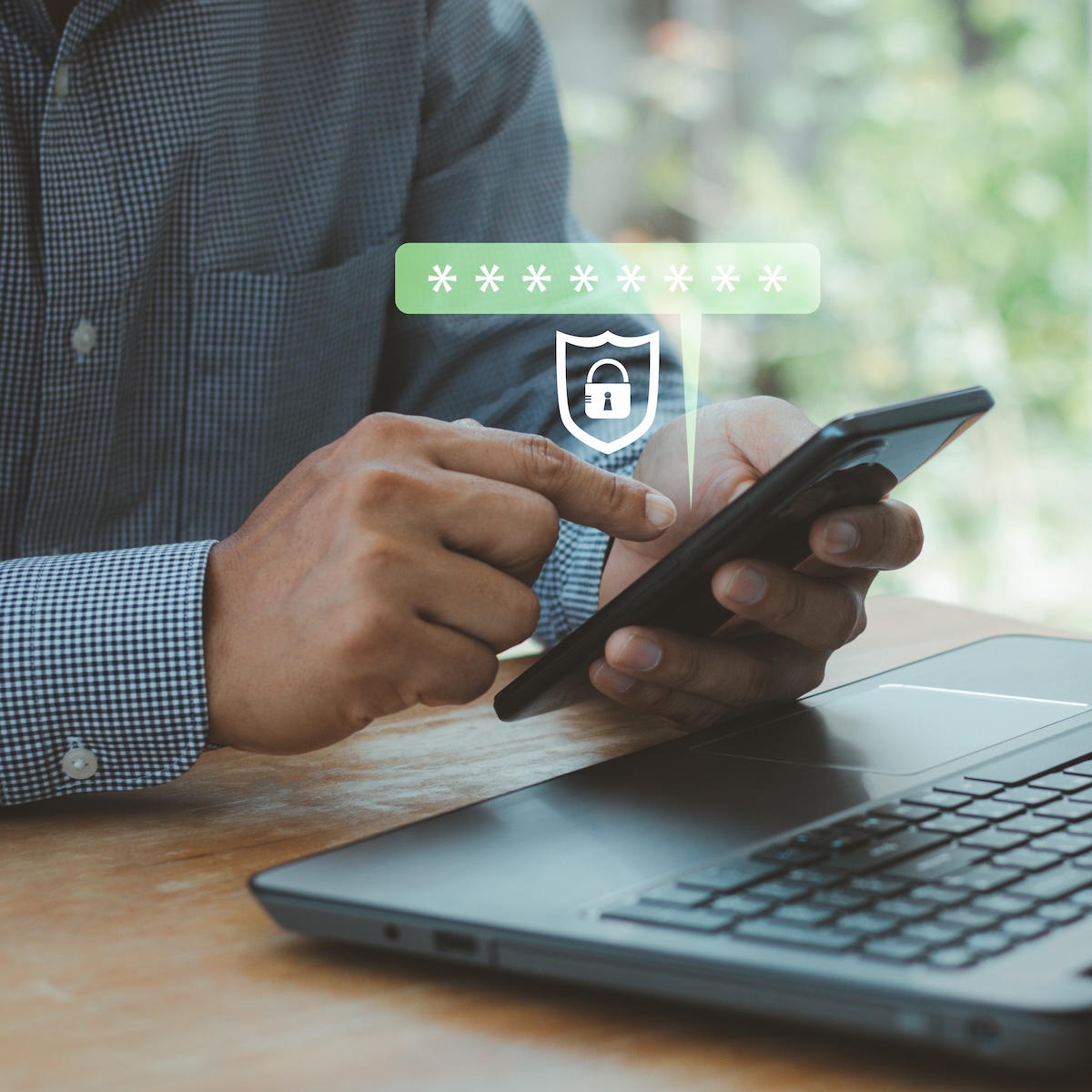

.png)


.jpg)
